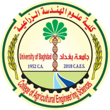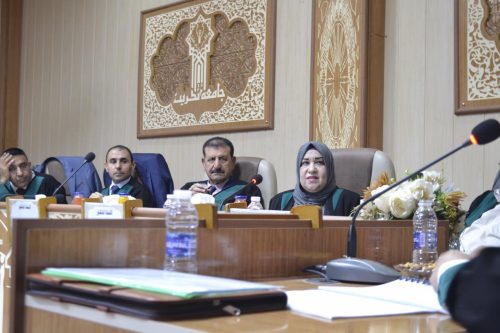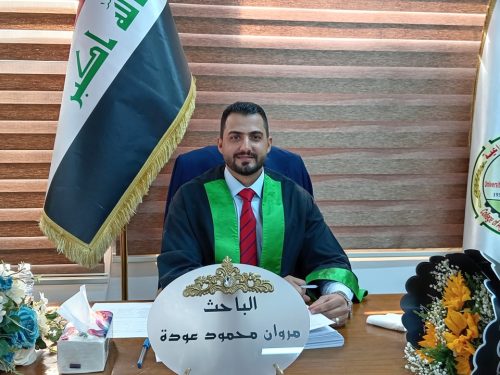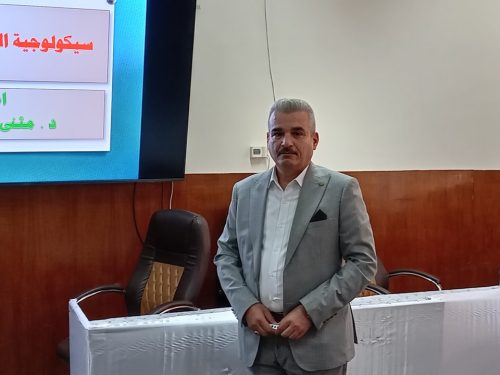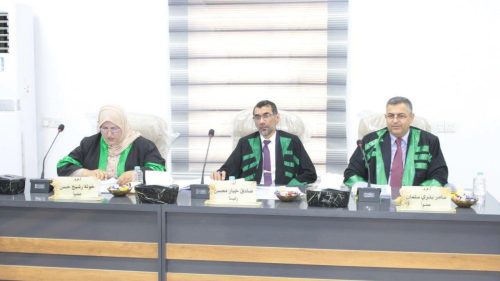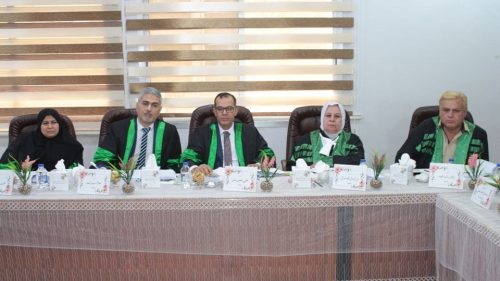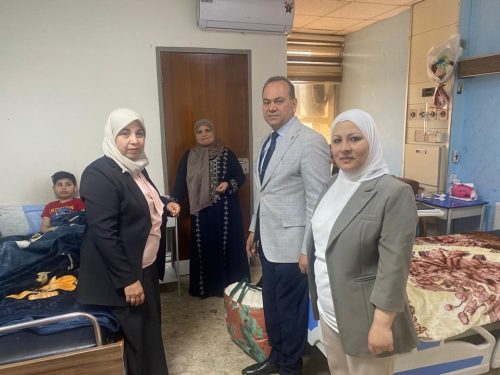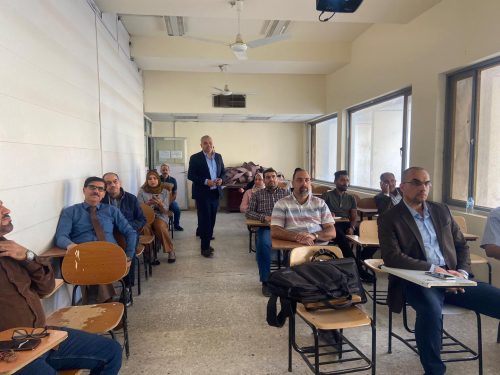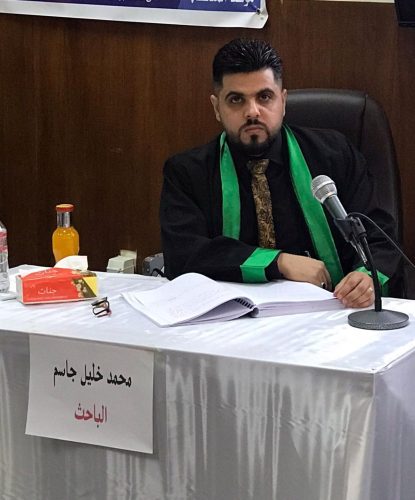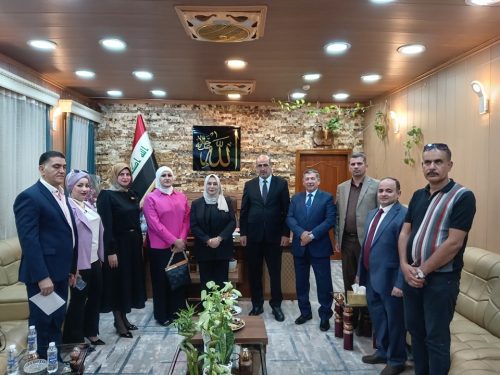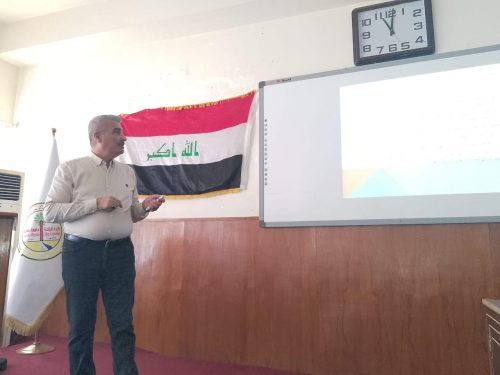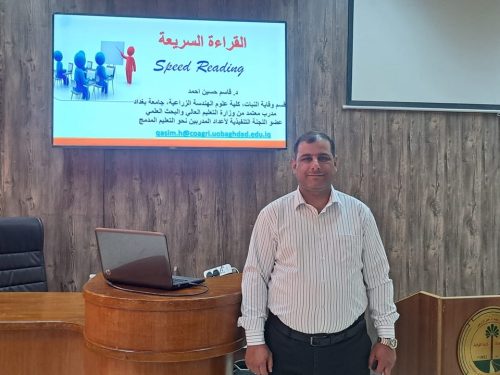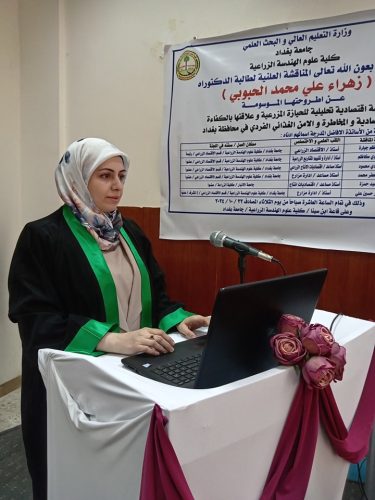Under Prof. Dr. Amira Mohamed Saleh’s leadership, agricultural engineering students planted trees across campus. They aimed to boost green spaces and promote sustainability. Dr. Mohamed Abdullah Mohamed and Dr. Mohamed Hassan Sabri oversaw the project with horticulture department support.
The campaign featured fruit trees like palms and olives, plus shade-providing jacarandas and eucalyptus. These plantings will expand green cover and cut pollution. Students applied environmental engineering concepts through hands-on work.
Participants showed strong commitment to ecological preservation. Strategic planting locations targeted high-footfall zones for maximum impact. The trees should cool the area and purify the air. This collaboration between staff and students sets a positive example. The college values such practical environmental projects. All contributors received thanks for their impactful work. Future green initiatives are encouraged.
